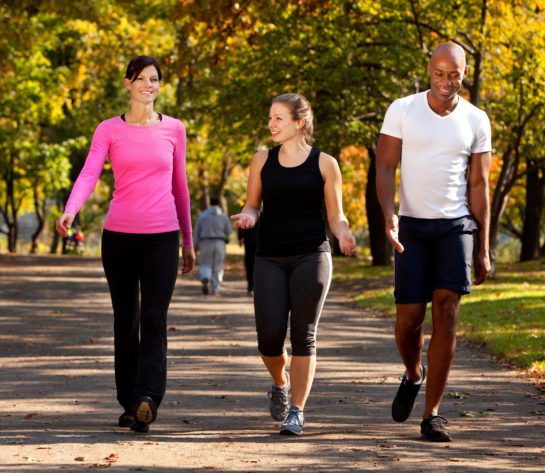Participate in Research
AHS has a robust research program that relies on individual participation
Our researchers pursue new knowledge that transforms health care practice and social systems. Behind every research breakthrough there is a dedicated team of people, from scientists and clinicians, to patients and volunteers, who make it all possible. Your participation as a volunteer is crucial in our ability to drive discovery and, as a result, make a positive difference in our diverse and ever-changing world.
AHS research studies actively recruiting participants

Information for prospective research participants
UIC is a major research university and the largest university in the Chicagoland area. In addition to our commitment to educating our students and creating and sharing new knowledge, UIC also ensures that protection is extended to all who participate in research conducted by UIC faculty, staff and students.